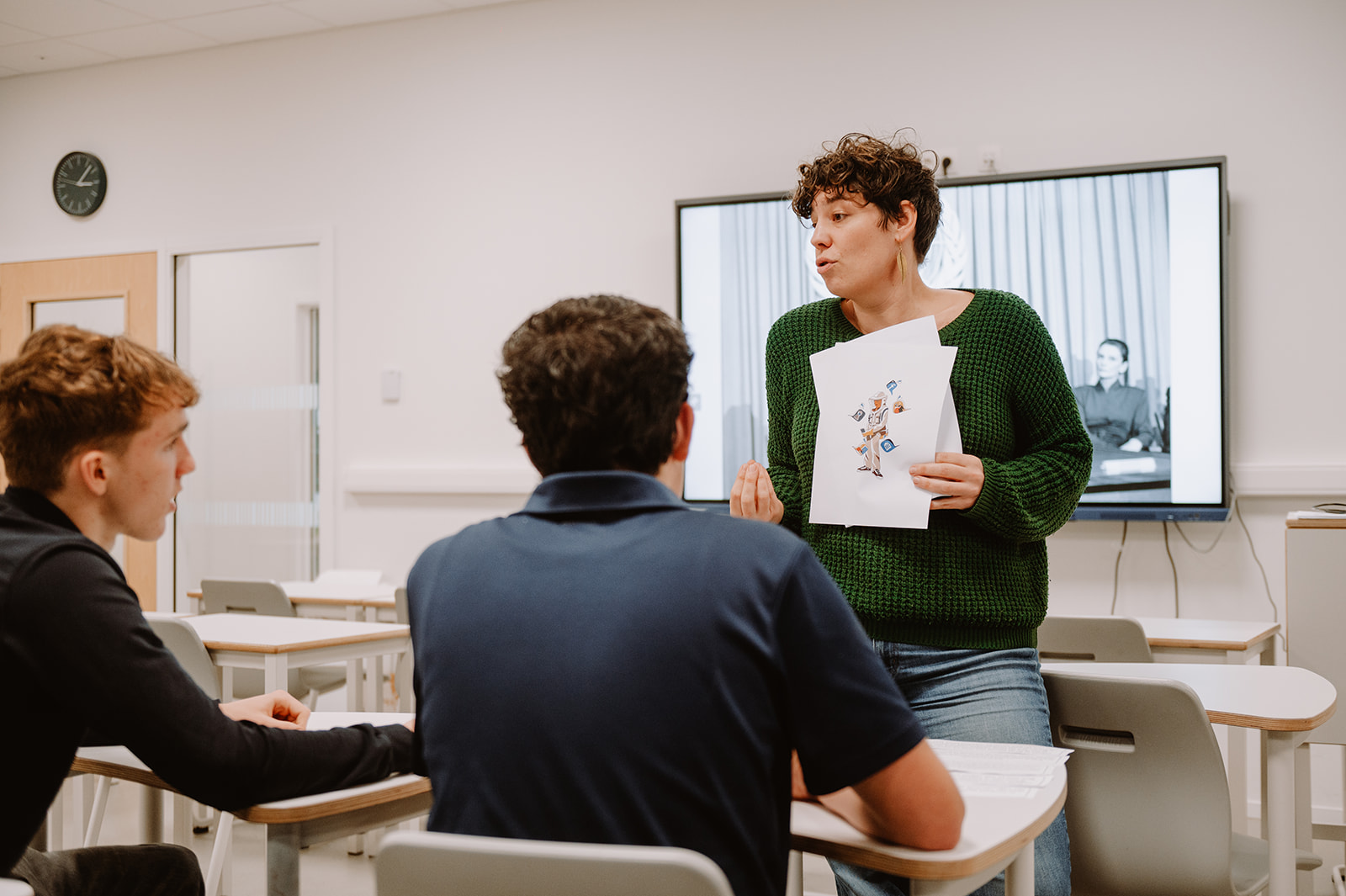Addressing the Crisis Among Boys: KIYO’s Commitment to Positive Masculinity
Anyone following the news recently will have noticed increasing discussions about a crisis among boys. From the Netflix series Adolescence to studies on school dropout rates among boys, the media frequently reports on this issue. This crisis is closely linked to the violence experienced by young girls and women.

At KIYO, we have been working for years in school settings with both boys and girls, facilitating workshops that engage young people in discussions on topics they find important. Conversations about gender and positive masculinity are part of these sessions, but the key question remains: how can young people take action and drive change in a society that urgently needs a positive model of masculinity?
Since the release of Adolescence on Netflix, the debate about the crisis among boys has regained prominence in the media. The series highlights the destructive effects of social media, toxic masculinity, and inadequate responses to online radicalization. While the show is set in a fictional British context, the crisis among boys is far from fictional—it is a global issue. In the UK and the US, several studies have examined the harmful effects of social media on both boys and girls, particularly its significant impact on mental health. In Belgium, research on this issue remains limited. However, existing studies already indicate that boys are at a higher risk of dropping out of school compared to girls.
At KIYO, we have long been committed to empowering young people, and in the future, we aim to strengthen our focus on gender dynamics and youth mental health. We believe that building resilience among young people goes hand in hand with prioritizing mental well-being. This holistic vision is embedded in our future strategy.
Both within and beyond school settings, we strive to engage young people in discussions on pressing social issues. We seek to provide answers to the questions they have, shaped by the vast amount of online information they consume daily through social media. Finally, we aim to empower young people to become the leaders of tomorrow—teaching them to take action and be active citizens.
We firmly believe that a gender-focused approach, where boys receive special attention, can make a difference. That is why we are committed to further strengthening our efforts in this area. You can learn more about our new strategic vision in our two-pager.